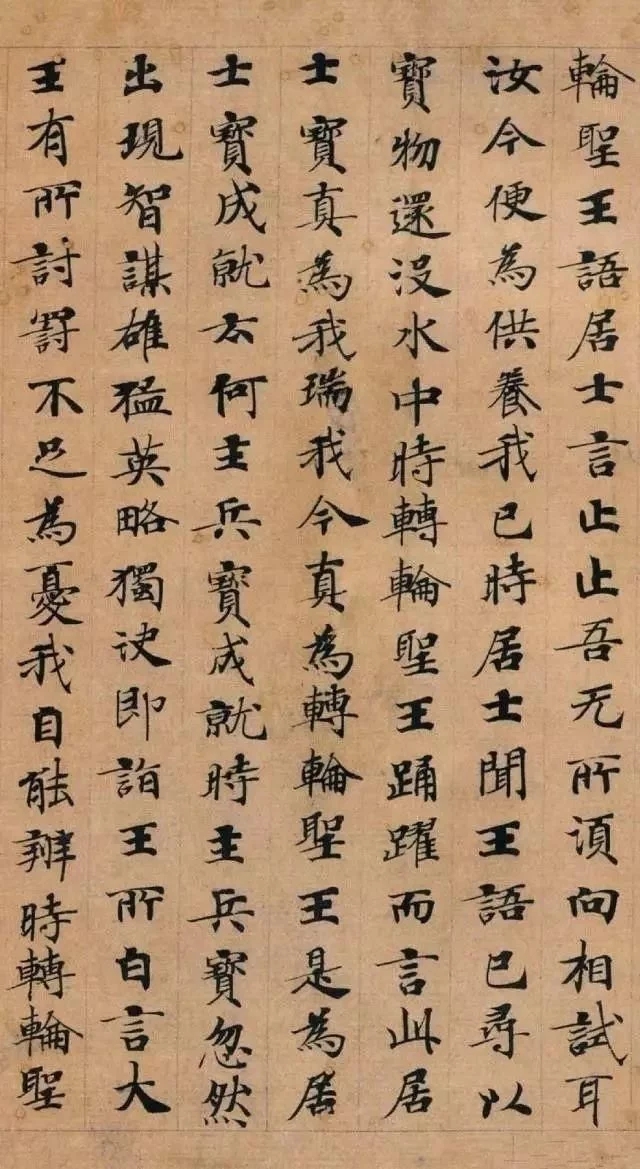In the late Ming Dynasty, after Emperor Chongzhen committed suicide in Beijing, the Ming Dynasty did not perish. The remaining officials of the Ming Dynasty successively proclaimed several Ming Dynasty royal families as emperors – Hongguang, Longwu, Yongli, etc., and used them as banners to call on the world’s wise people to persist in resisting the Qing Dynasty. However, there was one royal family who had two opportunities to ascend to the throne, but were unsuccessful. But he persisted in the anti Qing movement in the name of supervising the country, and he was King Zhu Yihai of Lu. Interested readers and history encyclopedia editors, let’s take a look together!

Zhu Yihai was a descendant of Zhu Tan, the tenth son of Zhu Yuanzhang. Zhu Tan was granted the title of King of Lu, and by the end of the Ming Dynasty, the throne had passed to Zhu Yihai’s brother Zhu Yipai. However, Zhu Yipai’s fate was not good. In 1642, the Qing army captured Yanzhou, Shandong, and Zhu Yipai hanged himself. Zhu Yihai survived and later inherited the title of King of Lu.
But the good times didn’t last long. In 1644, Li Zicheng captured the capital and prepared to march into Shandong, so Zhu Yihai had to leave Shandong and flee south to Taizhou, Zhejiang. In June 1644, Emperor Hongguang ascended to the throne, but after persisting for over a year, he was defeated by the Qing army heading south and captured. The Ming Dynasty once again lost its emperor and needed to establish a new royal family to succeed to the throne. However, most of the Ming Dynasty’s feudal lords were captured or surrendered to the Qing army, so two distant feudal lords stood up at this time – Prince Lu Zhu Yihai and Prince Tang Zhu Yujian.
Zhu Yihai was appointed as the regent in the eastern part of Zhejiang and was preparing to officially ascend to the throne the following year. However, an awkward issue arose when news came from Fujian that Tang King Zhu Yujian had already ascended the throne and declared himself emperor. Therefore, at this time, the Lu King had lost the legitimacy of his coronation. Zhu Yihai narrowly missed the throne for the first time.

Afterwards, there were multiple frictions between the unwilling state of Lu Jian and the Longwu regime of the Tang king, resulting in constant internal friction and offsetting the strength of the anti Qing forces. As a result, the Longwu regime failed, and the state of Lu Jian also lost its anti Qing base – Zhoushan, and was forced to flee to Kinmen Island to rely on Zheng Chenggong.
During this period, Emperor Yongli Zhu Youlang ascended the throne in the southwest and gained recognition from most of the remaining forces of the Southern Ming Dynasty. King Lu Zhu demanded the revocation of the title of “Jian Guo” on the sea. In order to appease King Lu, Emperor Yongli allowed him to continue using the title of “Jian Guo” and persisted in resisting the Qing Dynasty along the southeast coast.
In 1661, Emperor Yongli was handed over to the Qing army by the Burmese king. Wu Sangui hanged Emperor Yongli with a bowstring on the streets of Kunming, and Nanming lost its flag again. He urgently needed someone to raise his banner and shout.
Zhang Huangyan, who had been following the state of Lu, suggested that Zhu Yihai ascend to the throne as soon as possible. However, by this time, Zhu Yihai had already contracted a serious illness and could not receive the support of Zheng Chenggong, so the process of ascending to the throne and proclaiming himself emperor was delayed. As a result, the following year, Zhu Yihai passed away, and for the second time, he was completely unable to ascend to the throne.
During the chaotic period of the late Ming Dynasty, King Zhu Yihai of Lu supported the feudal lords from afar, overseeing the country and leading the supporting forces to persist in resisting the Qing Dynasty. Although he had internal conflicts with the Longwu regime, which was also a member of the Ming Dynasty royal family, he always upheld the integrity and passion of the Zhu Ming royal family in the 18 year struggle against the Qing Dynasty, never bowing to the Qing court. In the end, he passed away on an island, and his integrity and persistence are worthy of admiration from future generations.


